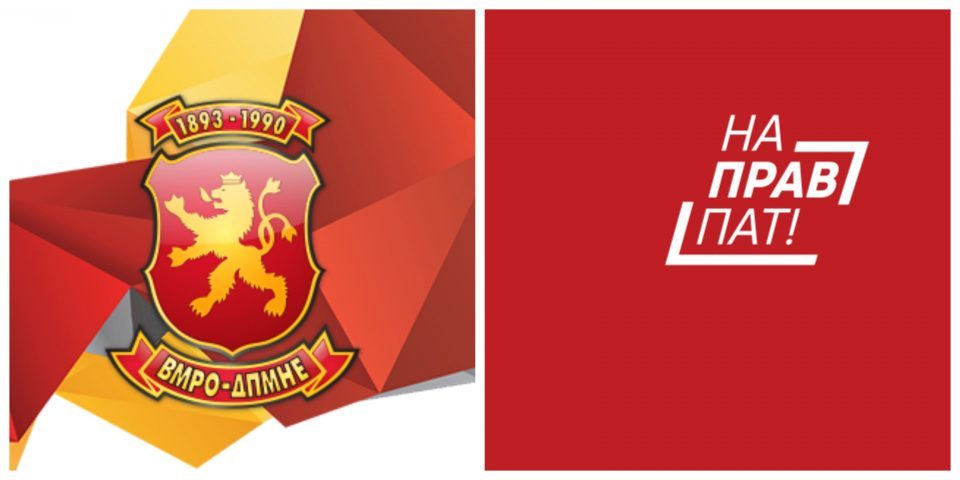The Vecer paper estimates that the odds for a broad coalition and a coalition between VMRO-DPMNE and DUI are even, at about 40 percent each, with 20 percent given to the chance that SDSM continues its coalition with DUI.
If the projected results hold, VMRO and SDSM would be virtually tied, and DUI is in a position to provide majority to both parties (if SDSM maintain their coalition with BESA in the process, and if VMRO can get the votes of the small Levica party). According to Vecer, this, usual coalition route, that a winning Macedonian party forms a Government with DUI as the biggest ethnic Albanian party, this time favors VMRO over SDSM. SDSM campaigned heavily against DUI, on DUI’s own turf, and there is a lot of bad blood between the two parties now, prompting top DUI official Artan Grubi to plead for calm today.
DUI and the Alliance of Albanians have no reason to exist if SDSM continues to snatch votes and to reduce their primacy among ethnic Albanian voters, and these two parties realize that they can’t allow SDSM to continue on this path. For years SDSM has been selling private phone call recordings of DUI officials on the black market in Macedonia and Kosovo, in an attempt to intimidate and blackmail this party. There is a price to be paid for such dirty tactics, Vecer writes, estimating that VMRO would be the preferred partner for DUI now, but warning that VMRO will have to pay a price for such a coalition. According to Vecer, if this coalition is formed DUI would probably be persuaded to drop its demand that an ethnic Albanian, former Minister Naser Ziberi, is made Prime Minister, while if the coalition ends up to be between SDSM and DUI, then DUI would probably insist on Ziberi as Prime Minister. This latter option is at about 20 percent likelihood, Vecer writes.
And finally the paper gives a 40 percent chance to a grand coalition between VMRO, SDSM, the Alliance/Alternative and BESA, while DUI and Levica would remain in the opposition. According to Vecer, this option is being put forward by European countries, who would like to see Zaev leave politics after the numerous corruption scandals in his mandate, and the Prime Ministership would be divided even over the four years – probably two years for Nikola Dimitrov representing SDSM and two years for VMRO leader Hristijan Mickoski. According to Vecer, Zaev was pushing to be made a Finance Minister in such a Government, a position he already wanted to hold in the caretaker Government.
A grand coalition would be tasked with adopting laws needed for opening the EU accession talks and to fight the expected economic crisis. According to the paper, Zaev is trying to prevent this option by pushing a group of former VMRO officials who are now aligned with him to demand a resignation from Mickoski, trying to present the electoral stalemate as his defeat.




Comments are closed for this post.